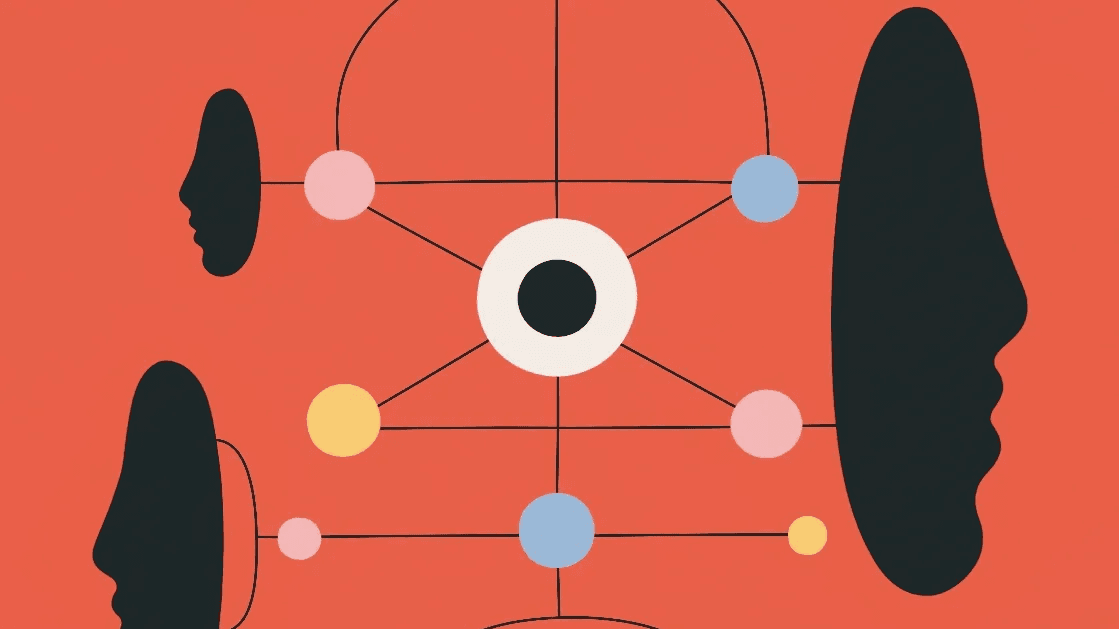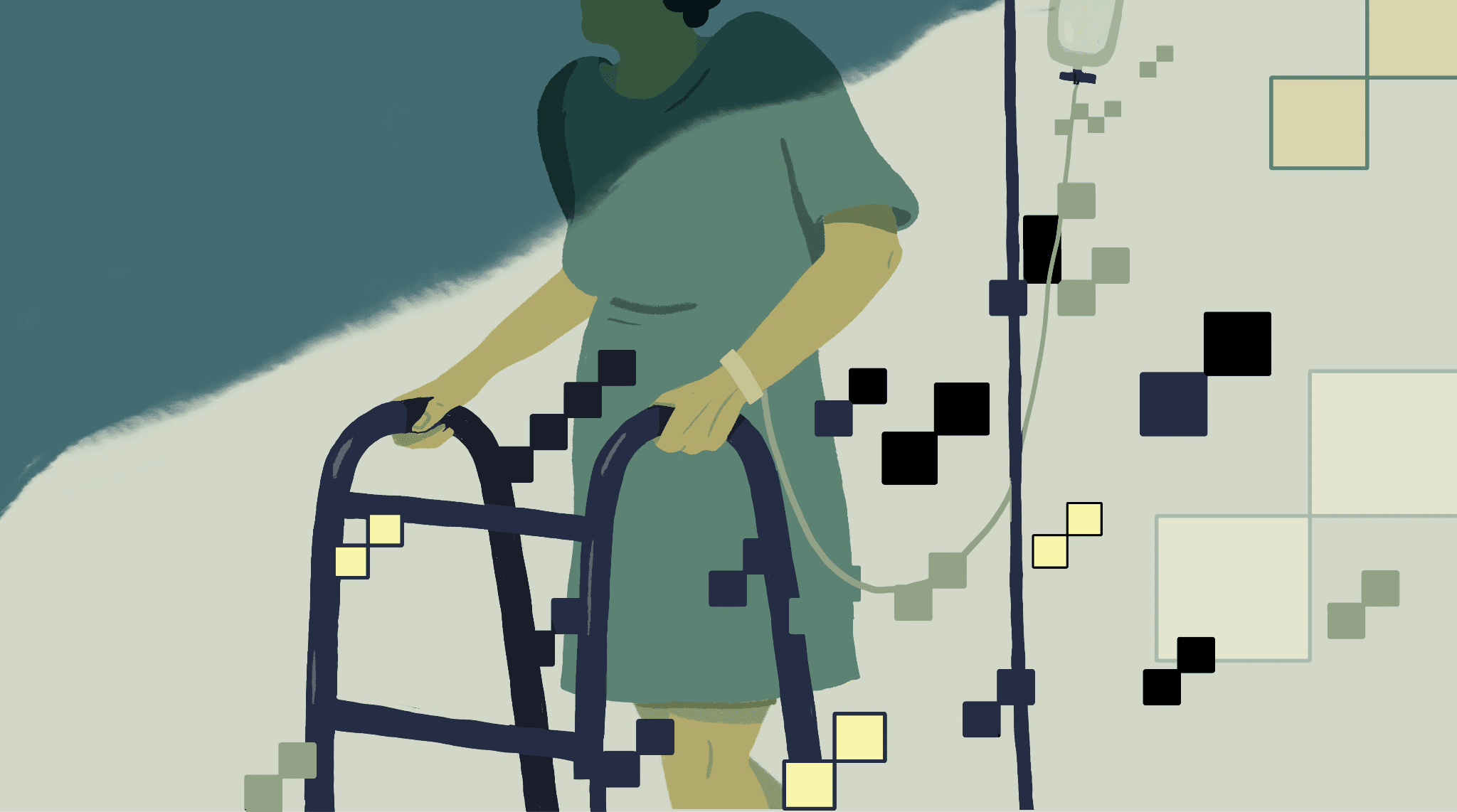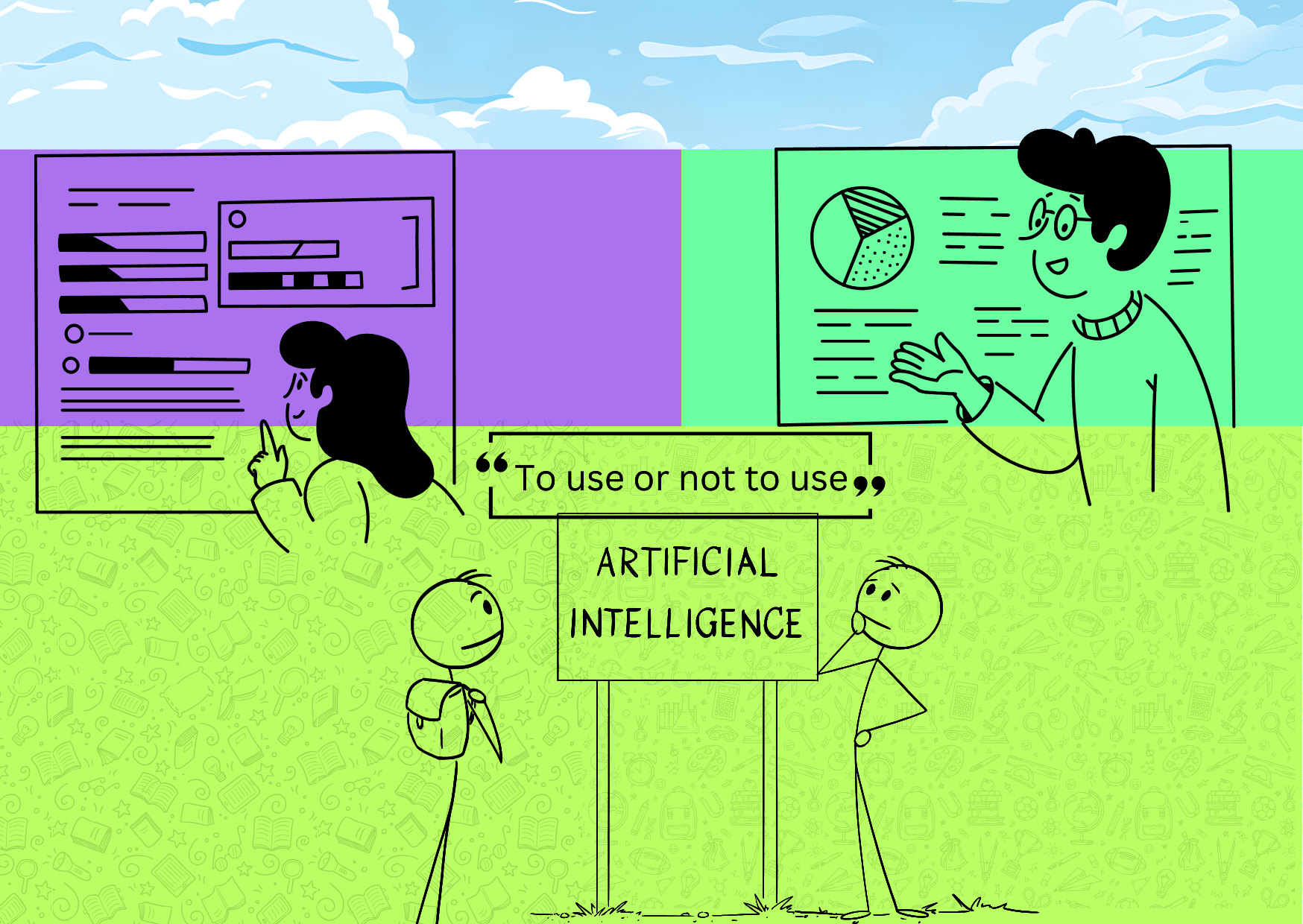Warning: ChatGPT Destroys Memory in Just 4 Months
Your brain might be changing in ways you never imagined. A groundbreaking MIT study tracking 54 students over four months has uncovered something startling about ChatGPT and similar AI tools. The researchers discovered that people using AI for writing tasks showed dramatically weaker brain activity compared to those working without digital assistance.
The most shocking finding?
ChatGPT users struggled to remember what they had written just minutes after completing their essays. Meanwhile, students who relied only on their minds displayed the strongest neural connections and memory performance.
This isn't just about writing. As millions of people integrate AI into their daily work and learning, these findings raise urgent questions about what's happening inside our heads. Are we trading mental strength for convenience?
Is there a hidden cost to our cognitive abilities?
The study reveals both concerning risks and practical solutions for anyone using AI tools. From memory problems to reduced creativity, the effects are real and measurable.
Let's get into it.
Breaking Down the MIT Study: What Researchers Actually Discovered

MIT researchers wanted to understand how AI tools affect our thinking process. They gathered 54 college students from Boston area schools and split them into three distinct groups. Each group used different methods to complete writing tasks over four months.
The study design was straightforward:
- Group 1: Used only ChatGPT for writing help
- Group 2: Used Google search and websites
- Group 3: Wrote without any digital tools
Scientists attached special brain monitoring equipment called EEG to track electrical activity in participants' brains. This allowed them to see exactly what happened inside people's minds while they worked.
The Task: Why Essay Writing Was the Perfect Test
Writing essays was chosen because it activates many brain areas at once. When you write, your brain must handle planning, memory recall, language processing, and decision-making simultaneously.
The researchers used SAT-style essay topics to ensure consistency. These topics required participants to:
- Form arguments and organize thoughts
- Remember information and examples
- Choose appropriate words and structure
- Make logical connections between ideas
The EEG machines captured brain activity in real-time, showing how different tools influenced neural patterns during the writing process.
The Results That Surprised Everyone
The findings were unexpected. People using ChatGPT showed the weakest brain connectivity patterns. Their neural networks were less active compared to other groups.
Meanwhile, students writing without any tools had the strongest brain connections. Their minds worked harder and created more neural pathways during the task.
Most concerning was the impact on memory. ChatGPT users struggled to remember what they had written and could barely quote their own essays minutes after finishing them.
Science Behind the Findings: What's Actually Happening in Your Brain

Cognitive debt is like borrowing mental energy now but paying a price later. When you use AI tools like ChatGPT, your brain works less hard in the moment. This feels easier, but it creates problems over time.
Think of your brain like a muscle. When AI does the heavy thinking, your mental muscles get weaker. The research showed this clearly:
- AI users: Brains became less active during thinking tasks
- Brain engagement: Decreased when external tools provided answers
- Mental exercise: Reduced significantly with AI assistance
This trade-off means you get quick results but lose mental strength. Your brain stops building the neural pathways needed for deep thinking.
Brain Activity Patterns: The Technical Breakdown Made Simple
The EEG machines measured electrical signals in different brain areas. The results were striking across all groups.
Brain-only writers showed the strongest activity in key regions:
- Memory centers: Working harder to recall information
- Planning areas: More active during idea organization
- Language regions: Increased connectivity between areas
ChatGPT users displayed the weakest brain patterns. Their neural networks barely activated during writing tasks. The Google search group fell somewhere in the middle, showing moderate brain engagement.
Memory and Learning: The Most Concerning Finding
The memory results were alarming. Most ChatGPT users could not remember what they had written just minutes earlier.
The study found that 83% of AI users failed to quote their own essays correctly.
In contrast, only 11% of brain-only writers had this problem.
This happens because AI tools bypass the normal memory formation process. When ChatGPT generates text, your brain doesn't encode that information properly.
Search engine users performed better because they still had to read, process, and synthesize information themselves.
What This Means for Everyday AI Users: Should You Be Concerned?

The MIT study focused specifically on creative writing tasks, not all AI interactions. This distinction matters because different AI uses affect your brain differently.
Using AI for simple tasks may not cause the same problems:
- Basic searches: Looking up facts or directions
- Quick translations: Converting text between languages
- Simple calculations: Getting math answers quickly
- Routine tasks: Setting reminders or organizing schedules
The study examined extended writing sessions where participants relied heavily on AI for creative thinking. Occasional AI use for practical purposes likely poses less risk to your cognitive abilities.
Context plays a crucial role. Using ChatGPT once a week for help with emails differs greatly from depending on it for all your thinking tasks. The researchers found problems mainly with heavy, regular reliance on AI for complex mental work.
The Warning Signs to Watch For
Pay attention to changes in your own thinking patterns. The study revealed specific red flags that suggest over-dependence on AI tools.
Watch for these concerning signs:
- Memory gaps: Struggling to remember information you recently worked with
- Reduced creativity: Finding it harder to generate original ideas
- Thinking shortcuts: Always reaching for AI instead of thinking first
- Mental fatigue: Feeling tired when asked to work without AI assistance
The most telling warning sign is difficulty recalling your own work. If you cannot remember or explain something you created with AI help, you may be relying too heavily on these tools.
Monitor how often you use AI for thinking tasks versus practical ones. When AI becomes your first response to any mental challenge, it might be time to step back and exercise your brain more independently.
Practical Guidelines: How to Use AI Responsibly

The key to healthy AI use lies in knowing when to engage your brain and when to accept help. Use AI for tasks that don't require deep thinking or creativity.
Good times to use AI:
- Research starting points: Getting initial ideas or directions
- Technical formatting: Fixing grammar or structure issues
- Information gathering: Finding facts or basic explanations
- Routine communications: Standard emails or responses
Avoid AI when you need to build mental skills. Always try thinking through problems yourself first. When you do use AI, engage actively with its output rather than copying it directly.
The MIT study suggests treating AI like training wheels. Use it for support, but gradually reduce dependence as your skills improve.
For Students and Professionals
AI-assisted writing requires careful balance. The research shows that passive copying leads to memory problems and weaker thinking skills.
Follow these practices for better outcomes:
- Start without AI: Write your initial thoughts independently
- Use AI for refinement: Polish existing ideas rather than generating new ones
- Question AI output: Always review and modify suggestions
- Explain your work: Be able to discuss everything you submit
Maintain critical thinking by challenging AI responses. Ask yourself whether the suggestions make sense and align with your knowledge.
Creating Healthy AI Habits
Regular mental exercise prevents the cognitive debt identified in the study. Schedule time for AI-free thinking just like physical workouts.
Build these habits into your routine:
- Daily brain challenges: Solve problems without digital help
- Writing practice: Compose short pieces using only your mind
- Memory exercises: Recall information without looking it up
- Progress tracking: Notice changes in your thinking abilities
Set clear boundaries about when AI assistance is appropriate versus when independent thinking is necessary for your growth.
Conclusion
The MIT study reveals a critical truth about our relationship with AI tools like ChatGPT. While these technologies offer incredible convenience, they come with hidden costs to our mental abilities that we cannot ignore.
The researchers found problemsne thing clear: our brains respond differently to various types of mental work. When AI handles complex thinking tasks, our neural networks become less active and our memory formation suffers. The fact that 83% of ChatGPT users could not quote their own writing should concern anyone who relies heavily on AI assistance.
However, this does not mean we should abandon AI entirely. The key lies in understanding how and when to use these tools responsibly.
The path forward requires balance:
- Use AI for practical tasks, not creative thinking
- Always engage your brain first before seeking AI help
- Treat AI as a supplement, not a replacement for your mental abilities
- Schedule regular periods of AI-free thinking and writing
The researchers identified a real phenomenon called cognitive debt. Like financial debt, it accumulates over time and eventually demands payment. The price is weaker thinking skills, reduced creativity, and impaired memory formation.
Remember that your brain, like any muscle, needs regular exercise to stay strong. AI should enhance your capabilities, not replace them. By maintaining this balance, you can enjoy the benefits of AI assistance while preserving the thinking skills that make you uniquely human.
The future belongs to those who can work with AI while keeping their minds sharp and independent.
FAQs
1. Does ChatGPT harm your brain or memory?
The MIT study found ChatGPT users showed weaker brain connectivity and struggled with memory recall. 83% couldn't quote their own writing minutes later. However, occasional use for simple tasks appears less problematic than heavy reliance for complex thinking.
2. How does AI use affect brain activity compared to writing without tools?
Brain-only writers showed the strongest neural network activity across memory, planning, and language regions. ChatGPT users displayed the weakest brain patterns, while Google search users fell in between, demonstrating moderate brain engagement during writing tasks.
3. What are the warning signs of AI over-dependence?
Key warning signs include memory gaps with recent work, reduced creativity, always reaching for AI first, and mental fatigue without AI assistance. The most concerning sign is inability to recall or explain content you created with AI help.
4. How can you use AI tools safely without harming cognitive abilities?
Use AI for practical tasks like formatting or fact-checking, not creative thinking. Always try solving problems independently first. Engage actively with AI output rather than copying directly. Schedule regular AI-free thinking sessions to maintain mental strength.
5. Is using Google search better for your brain than ChatGPT?
Yes, according to the MIT study. Google search users showed moderate brain engagement because they still had to read, process, and synthesize information themselves. ChatGPT users showed the weakest brain activity since the AI handled most thinking processes.

Comments
Your comment has been submitted